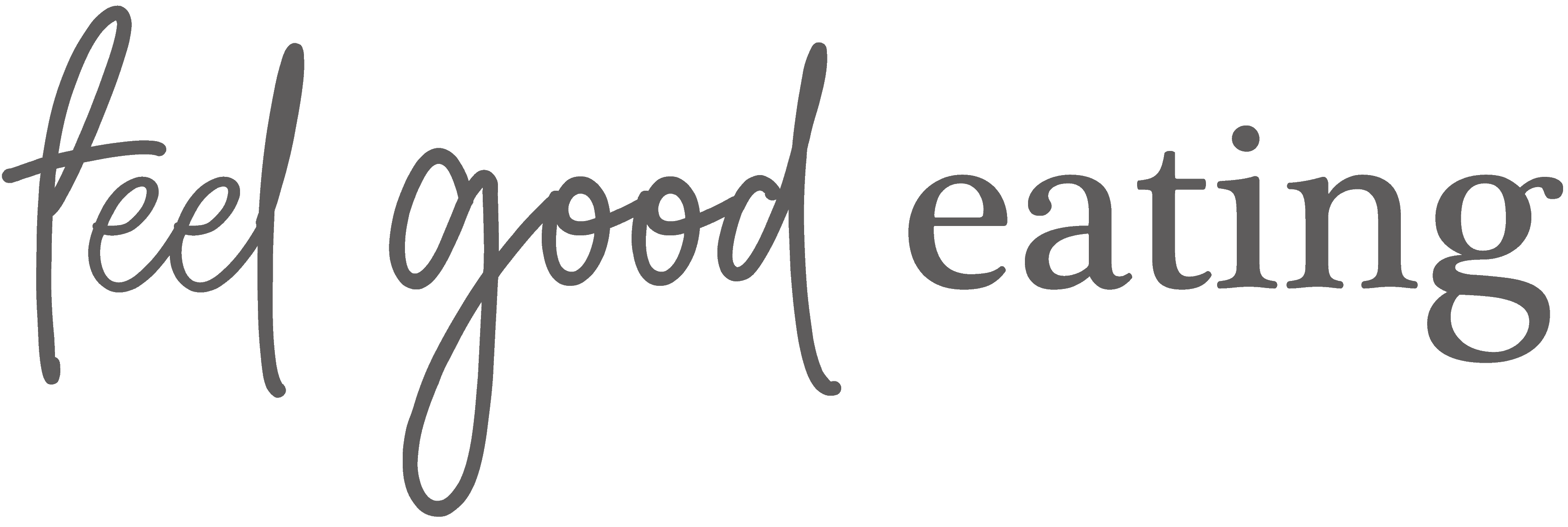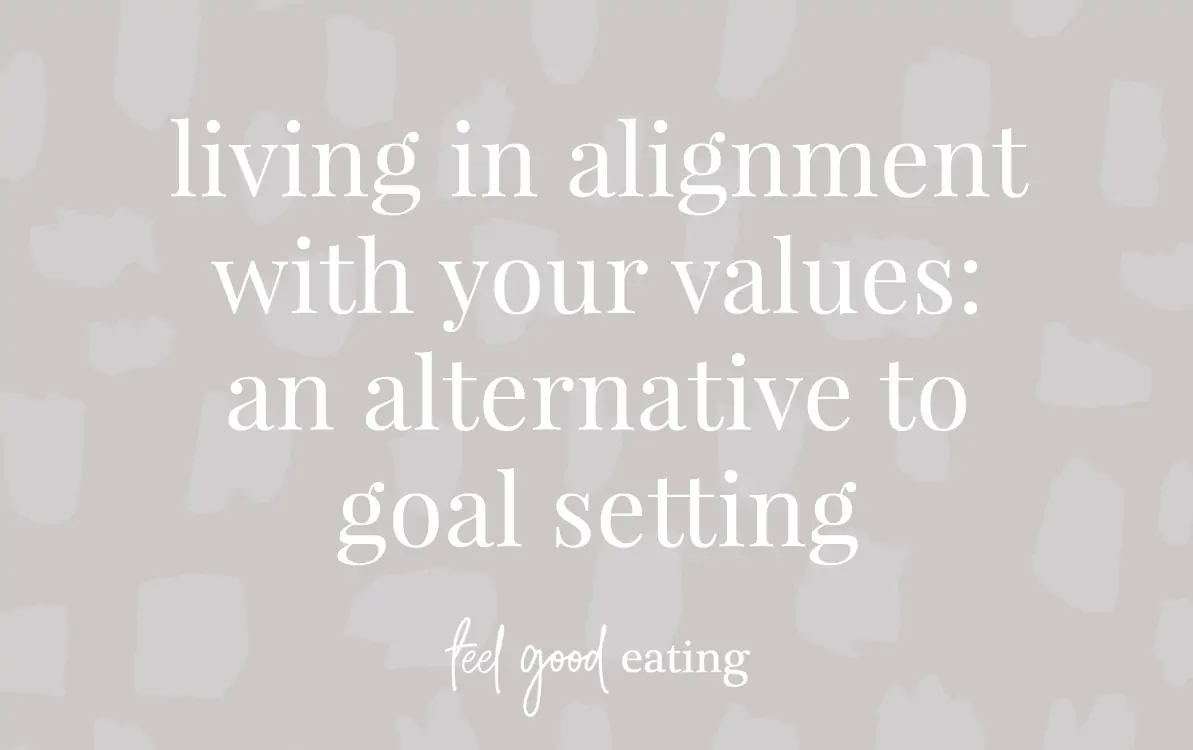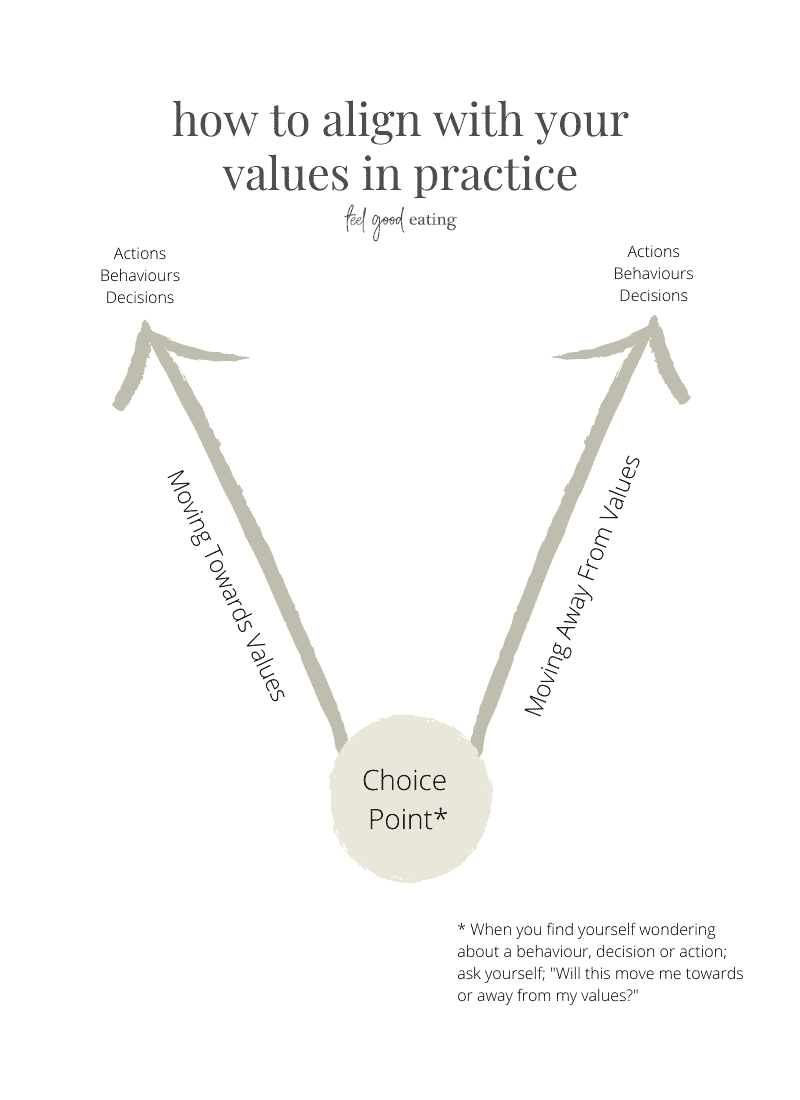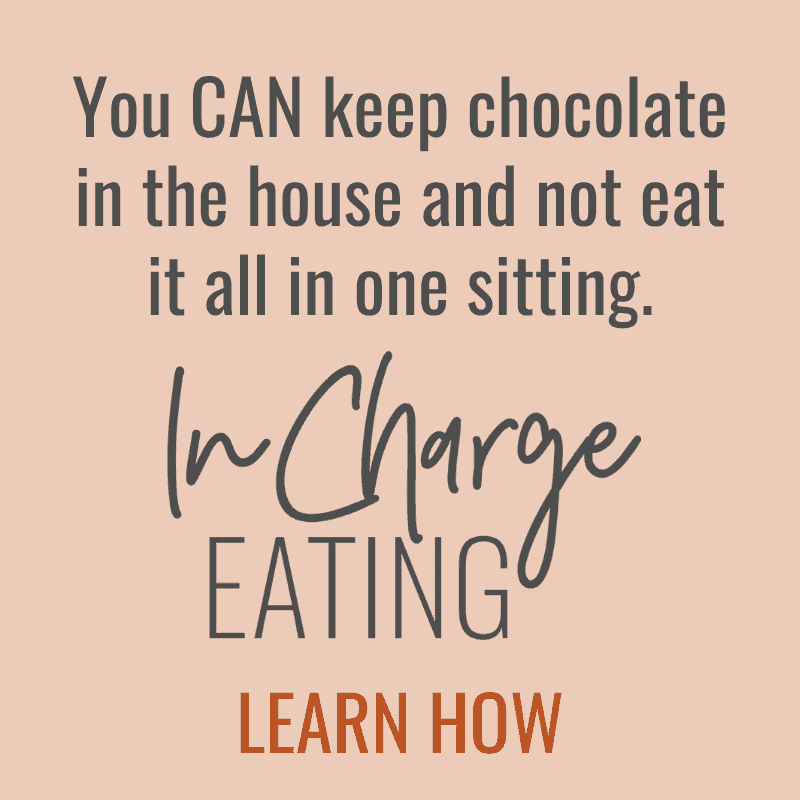I wouldn’t be surprised if you hadn’t done a goal setting exercise at least once in your life.
Join a gym and you will be asked what your fitness (or ugh – weight loss) goals are.
In the workplace, you will often be asked what your professional or performance goals are when you have your annual review.
In business or the world of entrepreneurism, you will be continually defining, refining, redefining your business and income goals.
But setting goals are not the only method for guiding or driving our lives forward. In fact, if the thought of creating a SMART goal makes you cringe, then you just might want to read on to explore an alternative to goal setting. And that is: living in alignment with your values.
where traditional goal setting can lead us astray
Goal setting is great in theory, but a lot of the time; especially when they are created around the start of the year to form New Year’s resolutions; they get us focussing in on our perceived weaknesses.
This is why I personally feel like goal setting is another thing that has been co-opted by diet culture. And it is why setting goals can feel uncomfortable for a lot of people.
Here are just some ways that traditional goal-setting can perpetuate diet culture:
- We ‘should’ all over ourselves (e.g. I should be going to the gym today, I should have more willpower, I should be eating better)
- Life becomes a never ending To-Do List
- We end up feeling unmotivated and burnt out rather than energised
- It perpetuates the idea that there are parts of us that are wrong or bad
- We feel like a failure and become very self-critical when we don’t reach the goals set; or that we have character flaws that we lack the strength to “fix”
what are values?
What do you want to stand for in your life?
What sort of person do you want to be?
What really matters to you, deep down inside?
How do you want to relate to other people? Or, to the world around you?
Your values are the things that you believe are the most important in the way you live and work.
They are not about what you want to achieve or get – they are about how you want to just generally exist as a human; amongst all of us other humans.
They are the leading principles that motivate and guide us as we move through life.
And when you are living in alignment with your values, you tend to feel peaceful and content. Life feels good.
And you know when things are out of alignment because that is where life can feel stressful and tough.
For example, if you value adventure but are working a 60-hour week, you may feel internal conflict and maybe even resent getting up to go to work every day.
values versus goals
It is important to note that values are not the same thing as goals. As I just mentioned, values are not about what you want to achieve or get.
Values are not something we can have written down and then tick off. They are an ongoing process; a direction that we move in and towards – but can never arrive at.
Values are things we nurture through our behaviours and actions.
Goals on the other hand, are things that can be achieved, crossed off and there is a definite end point.
how does living in alignment with your values help to heal your relationship with food and body?
The benefits of using values to guide you through life have already been alluded to, but let’s put them all together in the one place:
- Values don’t suggest that there is anything ‘wrong’ or ‘flawed’ about you
- Values allow for flexibility
- Values-based living provides a way to connect and come back home to your true self. This is an actionable way to work on letting go of the diet mentality
- When you are clear on what matters most to you, it is much easier to tune out the noise from diet culture
- Your values can be used along with your body wisdom as guideposts to let you know when something is not quite right OR when things are ticking along comfortably
identifying your values
Working out your values involves going through a list and identifying the ones that are most important to you.
Once you have your shortlist, you typically narrow them down to your top five or three and they become your core values.
You can do a search on Google to find these lists (there will be hundreds of them), or you can download a couple of versions here:
some things to keep in mind
- Remember that not everyone has the same values
- This is not a test to see whether you have the “correct” values – so resist the urge to label values that you think you SHOULD find important. If you truly don’t think being charitable is very important to you – don’t make it so – there is no judgement here!
- Values tend to be stable, but in saying that they don’t have strict limits or boundaries
- Values can change over time and as you move through your life. So even if you think you are on top of what matters most to you, this is still a worthwhile activity to repeat at various points in your life
- When things in life start to feel unbalanced, it may be a sign that life is out of alignment. So, you may like to re-visit this activity in the future.
putting your values into practice
Now that you have your set of core values, you might be wondering how “living in alignment” with them works in practice.
When you find yourself wondering about a behaviour, decision or action, ask yourself:
Will this move me towards or away from my values?
This question can ground you in the moment and reconnect you with your values. A visual that I have borrowed from Acceptance and Commitment Therapy might help.
It is worth repeating here that the benefit of values-based living is flexibility. Which means that sometimes you will have to prioritise one value over another, or even make decisions that are not aligned with your values.
For example, if you value justice and a colleague makes a fat phobic comment; you may choose to act in a way that moves you away from that value because you don’t have the energy or resources to challenge them, in favour of aligning with your other value of self-care.
And all of that is OK.
If goal setting in the past has not felt great, I invite you to choose one of the exercises above to explore your core values. Values based living might be the anti-diet antidote to goal setting that you have been looking for.



 Hi! My name is Nina.
I’m a Certified Intuitive Eating Counsellor taking the ‘diet’ out of Dietitian. I am here to help you reject diet culture, tune into your body’s own inner wisdom about how to truly nourish yourself and ultimately feel good eating™
Hi! My name is Nina.
I’m a Certified Intuitive Eating Counsellor taking the ‘diet’ out of Dietitian. I am here to help you reject diet culture, tune into your body’s own inner wisdom about how to truly nourish yourself and ultimately feel good eating™ 
